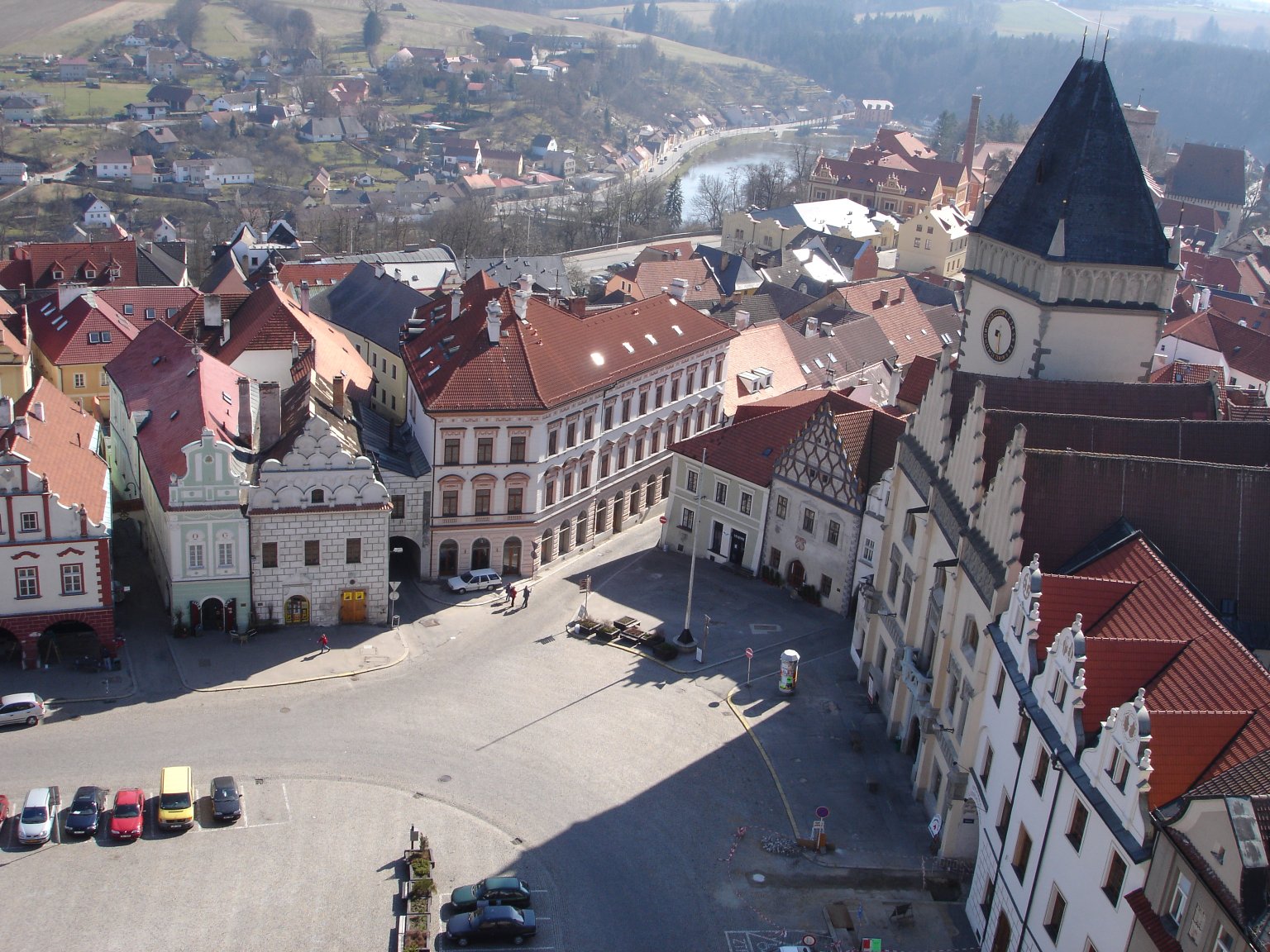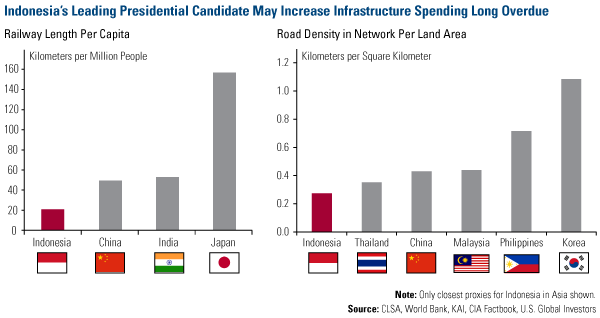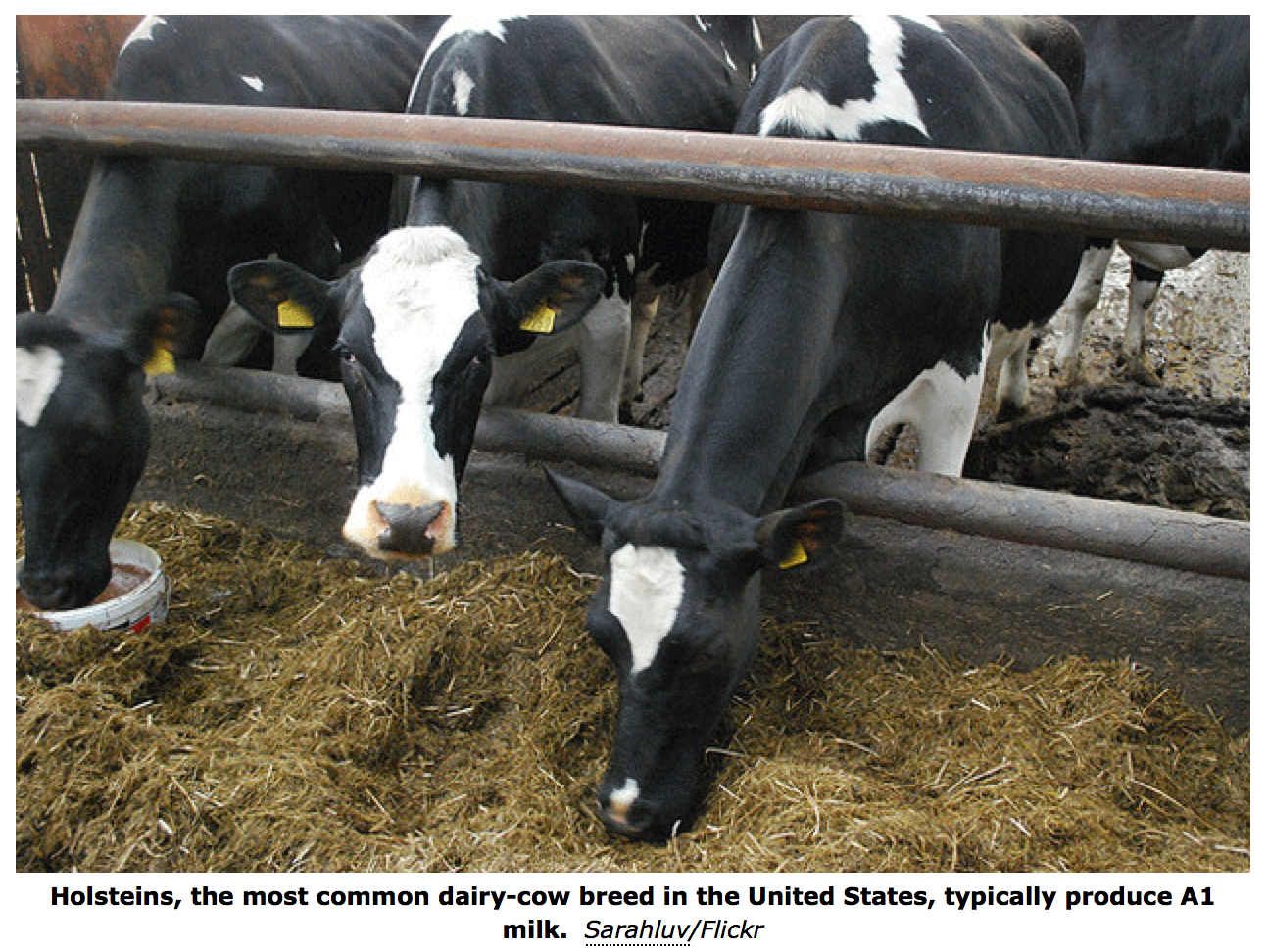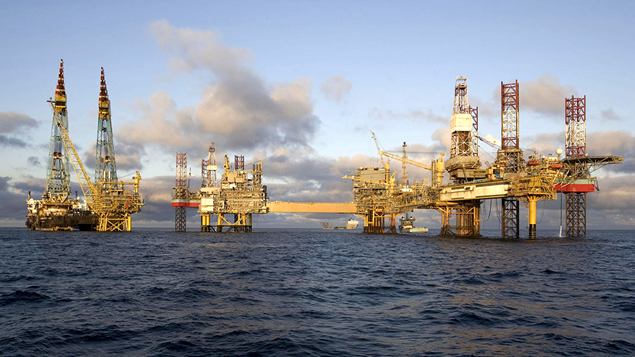Emerging Markets Radar (March 24, 2014)
Strengths
- Czech retail sales rose by 6.4 percent in January, boosted mainly by car sales and other non-food items. The January reading showed stronger consumer demand than the forecasted 3.1 percent rise. Furthermore, the 6.4 percent rise marks the largest growth spike in retail sales since February 2011.
- Poland reported a trade surplus of 176.4 million euros for the month of January as exports rose 5.7 percent year-on-year, with imports rising 0.7 percent over the same period. Similarly, the Czech current account swung to a surplus in January from a deficit at the end of last year. The current account showed an improvement, mainly reflected in merchandise exports.
- Foreign investors have been net buyers of Indonesian equities for the past six weeks. Year-to-date they have injected a net $2 billion into the Indonesian market, as the Indonesian rupiah continued to recover on the back of improving macroeconomic fundamentals.
Weaknesses
- This week was the twenty-first-straight week of outflows for emerging market dedicated funds, cumulatively amounting to $51.2 billion, or 6.7 percent of assets under management. According to Morgan Stanley, dedicated emerging market funds reported outflows of $4.05 billion for the week. At the country level, China, Peru, and Hungary reported the largest weekly outflows.
- Since January 2008, the largest weekly withdrawal out of China by dedicated emerging market equity funds occurred in the week ended Wednesday, March 19. This came as concerns increased following the country’s annual legislative session over a credit crunch led by commodity collateral liquidation pressure.
- The Philippines reported a surprising decline in growth of overseas remittances for the month of January. Remittances rose 5.9 percent in January, missing economists’ expectations for an 8.8 percent increase. Remittances accounted for about 10 percent of the nation’s GDP in 2013, according to estimates from the World Bank.
Opportunities
- The leading candidate for Indonesia’s presidential race, Joko Widodo, has a track record of promoting an infrastructure build-out as Jakarta governor. Construction-related sectors in Indonesia may benefit from the prospect of accelerating government spending on infrastructure, long overdue and significantly inadequate compared with the country’s Asian peers, at the expense of lower fuel subsidies.
- In a recently published outlook, Morgan Stanley economists downgraded their prospects for emerging markets growth. However, 2014 growth prospects for Poland, Hungary, and the Czech Republic were revised up. The bank’s economists argue that these countries are experiencing more broad-based growth across domestic and external demand, with external demand in these countries continuing to benefit from an upgraded growth outlook for the eurozone, their main trading partner.
- The European Union (EU) and Ukraine have signed an agreement forging closer economic ties in a show of support following Russia's annexation of Crimea. The EU Association Agreement with Ukraine shows official recognition for Ukraine’s interim government, and highlights the EU’s commitment to assisting in the economic growth of the nation. In addition, Canadian Prime Minister Harper will be the first Group of Seven leader to visit the Eastern European country this weekend. Mr. Harper’s visit seeks to show support, not only to Ukraine, but to the whole area, as the Group of Seven seeks even closer ties with the region.
Threats
- Chinese banks staged a significant countertrend rally on Friday after China released guidance for a trial program to allow large cap companies to issue preferred shares for purposes of capital replenishment, acquisitions, and stock repurchases. If a near-term rebound persists in chronically underperforming index heavyweights, relative performance of the China Region Fund may be hurt in the interim by sector rotation.
- Speculation regarding a possible removal of Russia from the official emerging market category, to either frontier or to a new intermediate or “red flag” category, should raise awareness among investors as the country could cease being a default beneficiary of passive investment flows. A removal from the indices would greatly reduce the local stock market turnover, as well as force emerging market passive index funds to withdraw from the local stock market. As a result, further downside in Russia is still possible.
- The Hungarian forint will probably drop to a two-year low after Hungary’s central bank cut interest rates to a record, pushing bond yields to a level that doesn’t compensate investors for currency risk, according to Goldman Sachs. The forint, which has depreciated 5.1 percent this year, will probably continue its slide to the weakest since January 2012. Hungarian policy makers will likely signal an end to easing after a 10-basis-point cut next week and won’t increase rates in the coming months, the bank’s analysts wrote.













